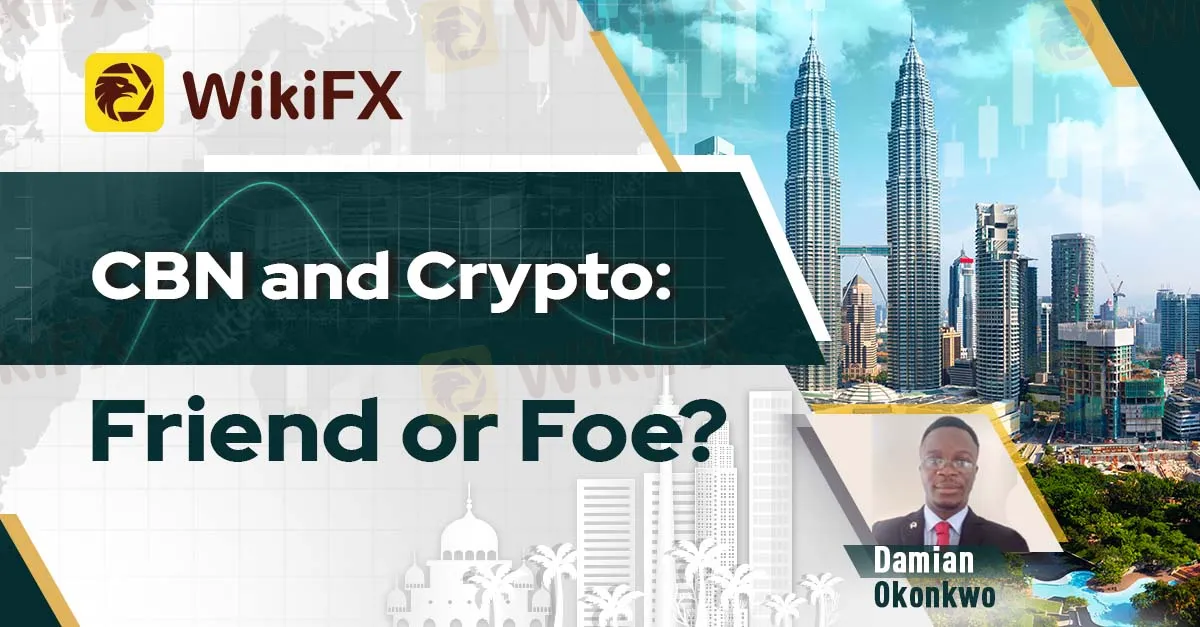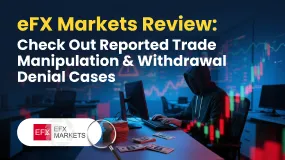Abstract:In a country plagued by economic instability and currency devaluation, crypto offers a glimmer of hope – a gateway to a borderless, decentralized monetary system.

By: Damian Okonkwo

Understanding the Regulatory Landscape for Crypto Trading in Nigeria Today
The Central Bank of Nigeria (CBN) has long taken a frosty stance towards crypto trading within the country; leaving Nigerians to grapple with a confusing and often contradictory regulatory landscape.
In February 2021, the CBN dealt a crippling blow to the budding crypto ecosystem with a circular banning all financial institutions from facilitating cryptocurrency transactions. Overnight, exchanges were shut down, accounts frozen, and dreams of financial inclusivity dashed. The move sent shockwaves through the tech community and sparked widespread criticism. Critics argued that the ban stifled innovation, hampered financial freedom, and pushed Nigerians towards unregulated, informal crypto markets.
However, a ray of light emerged in December 2023 when the CBN lifted the ban, seemingly acknowledging the futility of trying to suppress a global phenomenon. While this move was met with cautious optimism, the regulatory landscape surrounding crypto in Nigeria remains opaque and riddled with uncertainties.
Currently, there exists no clear-cut legal framework for cryptocurrencies. The Securities and Exchange Commission (SEC) has attempted to fill the void by issuing Guidelines on Digital Assets Offering Platforms (DAOPs) in May 2023. These guidelines attempt to regulate cryptocurrency exchanges and initial coin offerings (ICOs), but their scope and effectiveness remain a point of contention.
The CBN, meanwhile, seems to be adopting a “cautious engagement” approach. Recent pronouncements indicate an openness to explore the potential of blockchain technology while simultaneously guarding against financial instability and money laundering. This delicate balancing act leaves many unanswered questions.
So Is the CBN a friend or foe to Crypto trading in Nigeria today?
The answer, for now, remains a tantalizingly ambiguous “it's complicated.” But the journey towards a clear and mutually beneficial relationship has just begun. As Nigerians navigate the murky waters of this evolving landscape, one thing is certain: the potential of crypto to reshape the country's financial future is too compelling to ignore.
Conclusion
The path forward for crypto in Nigeria hinges on achieving a regulatory sweet spot. A framework that fosters innovation while protecting consumers and mitigating systemic risks is critical. This requires collaboration between the CBN, SEC, other relevant stakeholders, and the crypto community itself.
Open dialogue, transparent policies, and a willingness to learn from other jurisdictions are key to addressing the issues bordering on crypto trading within the region. Nigeria has the potential to become a regional leader in blockchain technology and crypto adoption. Embracing regulation, rather than fearing it, can unlock this potential and pave the way for a future where crypto empowers, rather than hinders, financial inclusion in Nigeria.











